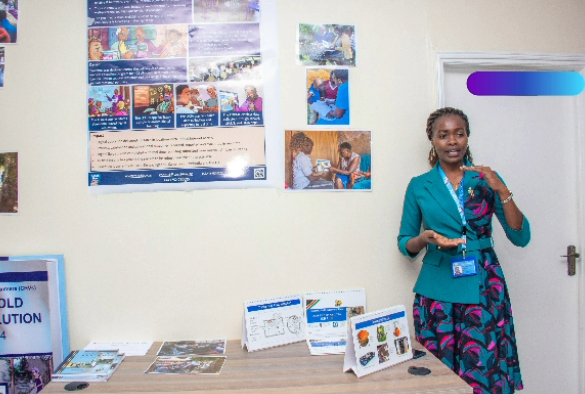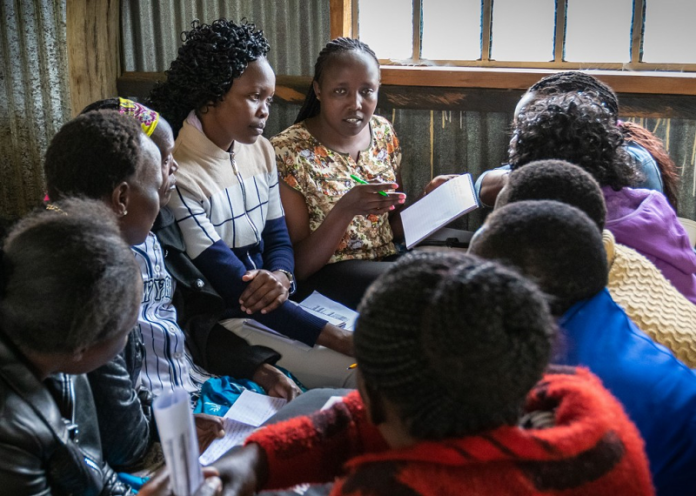Nancy Chebichii, a dedicated Kenyan researcher, has emerged as a key figure in addressing the pervasive issue of Household Air Pollution (HAP) in sub-Saharan Africa. Her affiliation with the NIHR Global Health Research Unit, CLEAN-Air (Africa), has positioned her at the forefront of groundbreaking research and health systems strengthening, aimed at alleviating the burden of diseases associated with HAP.
Household Air Pollution as a Global Health Concern
HAP, a critical global health concern, disproportionately affects low and middle-income countries. Most notably, the use of polluting solid fuels and inefficient cooking methods contributes to respiratory diseases, cardiovascular problems, and adverse pregnancy outcomes. Lack of awareness and resources has hindered the implementation of effective strategies to combat HAP.
The Power of Health Education and Community Empowerment
Traditional health education programs have shown promise in raising awareness and fostering behavioural change. However, the challenge lies in reaching remote areas with limited resources. Recognizing the transformative potential of digitalization, CLEAN-Air(Africa) has harnessed technology to disseminate evidence-based health information equitably, empowering communities to take charge of their well-being.
Nancy Chebichii’s Journey

Nancy’s journey from a public health officer to a research lead at KEMRI is marked by a pivotal encounter with CLEAN-Air(Africa). Impressed by their dedication and innovative approach, she became an integral part of the team. Her role evolved into leading health systems strengthening initiatives, including training Community Health Workers (CHWs) to combat HAP through the promotion of clean energy use.
Digitalizing Training for Community Health
Recognizing the need for equal access to health information, Nancy, on behalf of CLEAN-Air(Africa), collaborated with a digital partner to convert HAP prevention training materials into a digital format. This initiative, the Community Household Air Pollution Prevention Program (CHAP-PP), is a key component of Kenya’s Universal Health Care strategy. Nancy, as the face of CHAP-PP, has played a crucial role in narrating the course and a documentary, effectively bridging the information gap.
Academic Pursuits and Future Vision
Having completed her MSc in Epidemiology and Biostatistics, Nancy is pursuing a PhD under the CLEAN-Air(Africa) program. Her research focuses on the potential of CHWs in community messaging, the prevention of HAP-associated diseases, and the scalability of digitalized training. She envisions leveraging technology to ensure health information reaches even the most remote communities, addressing the significant global health issue of HAP affecting 3 billion people worldwide.
The Impact of CLEAN-Air(Africa)
Globally, 3 billion people rely on polluting fuels for cooking and heating, leading to severe health consequences. CLEAN-Air(Africa) strives to inform national policies, demonstrate positive impacts on health and climate by adopting clean household energy, and strengthen health systems for community-led prevention against HAP.
In summary, Nancy Chebichii’s journey exemplifies the transformative power of education, community empowerment, and technological innovation in combating global health challenges, with a particular focus on addressing the pervasive issue of Household Air Pollution in sub-Saharan Africa.
















 The African Research (AR) Index is a comprehensive scholarly directory and database focused explicitly on journal publishers that publish and disseminate African research.
The African Research (AR) Index is a comprehensive scholarly directory and database focused explicitly on journal publishers that publish and disseminate African research.

